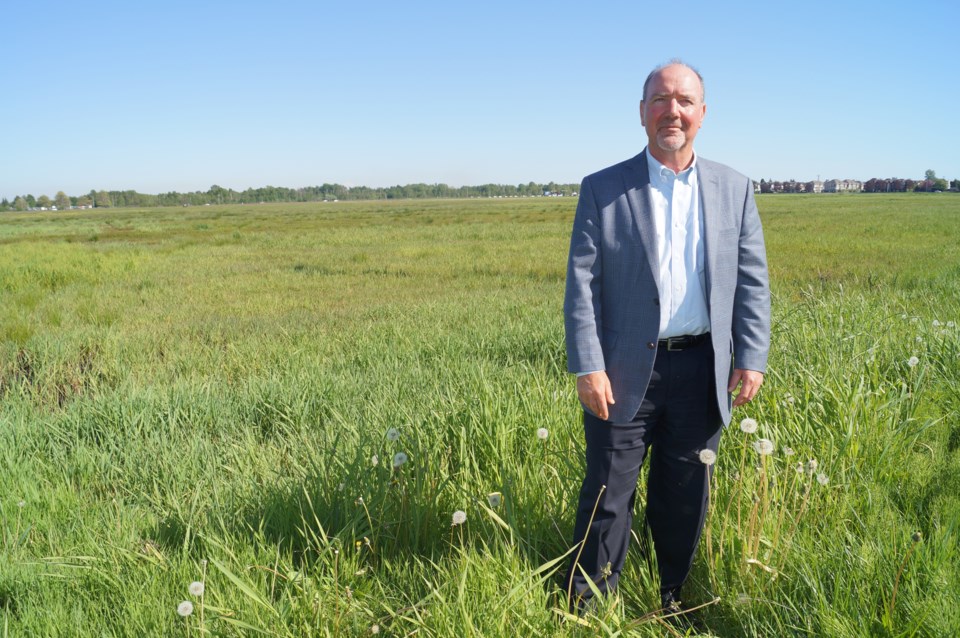Dear Editor,
Re: “Richmond mayor wants foreigner tax on farms,” News, Aug. 12
Dr. Kent Mullinix (Director of KPU’s Institute for Sustainable Food Systems) supports a foreign ownership tax or an outright ban on foreign ownership of farmland, and Mayor Brodie’s call for a 15 per cent tax on foreign purchased farmland leaves some room for optimism.
A letter from Richmond City Council to the Agricultural Land Commission and the Ministry of Agriculture requesting house size and house location regulations on farmland is much overdue.
Three years ago, council attempted to implement zoning regulations on farmland but was met with opposition by special interest groups and the word “racist” was thrown out there just for good measure.
It appeared to have worked in stalling any council action. How have we come to this frustratingly absurd and unintelligible place? In the ensuing three years, our farmland has continued to morph into estates of major proportions, with the added benefit of agricultural land tax breaks and minimal farming. One such mansion is graced with an a llée (an avenue with trees lining both sides)… the farmland well camouflaged.
It is my understanding that B.C. has no restrictions on foreign ownership of agricultural land. And the jury is still out on whether imposing a 15 per cent tax is in violation of our trade agreements [NAFTA or perhaps FIPA (Canada-China Foreign Investment Promotion and Protection Act)] or somehow discriminatory under the Charter of Rights and Freedoms.
Our scarce agricultural land is vulnerable to the forces of globalization, free trade treaties, special interest groups, speculation, and multi-national corporations, such that Canadian self-determination, land sovereignty and food security are eroding.
In spite of this reality, and because of it, it is incumbent on all levels of government to set policies and negotiate agreements that preserve, protect, and end speculation on this valuable resource.
N. McDonald
Richmond


.jpg;w=120;h=80;mode=crop)
